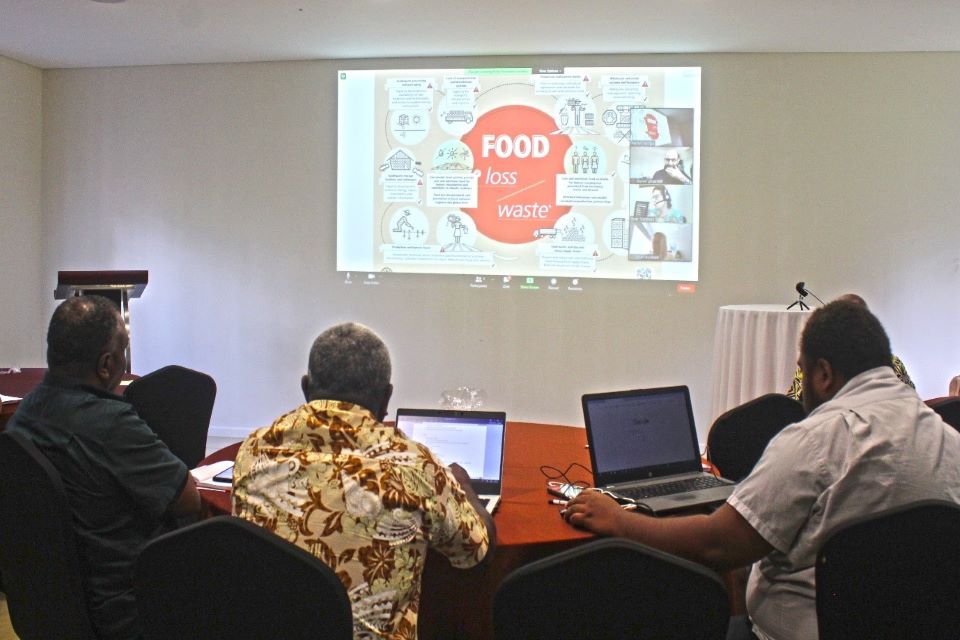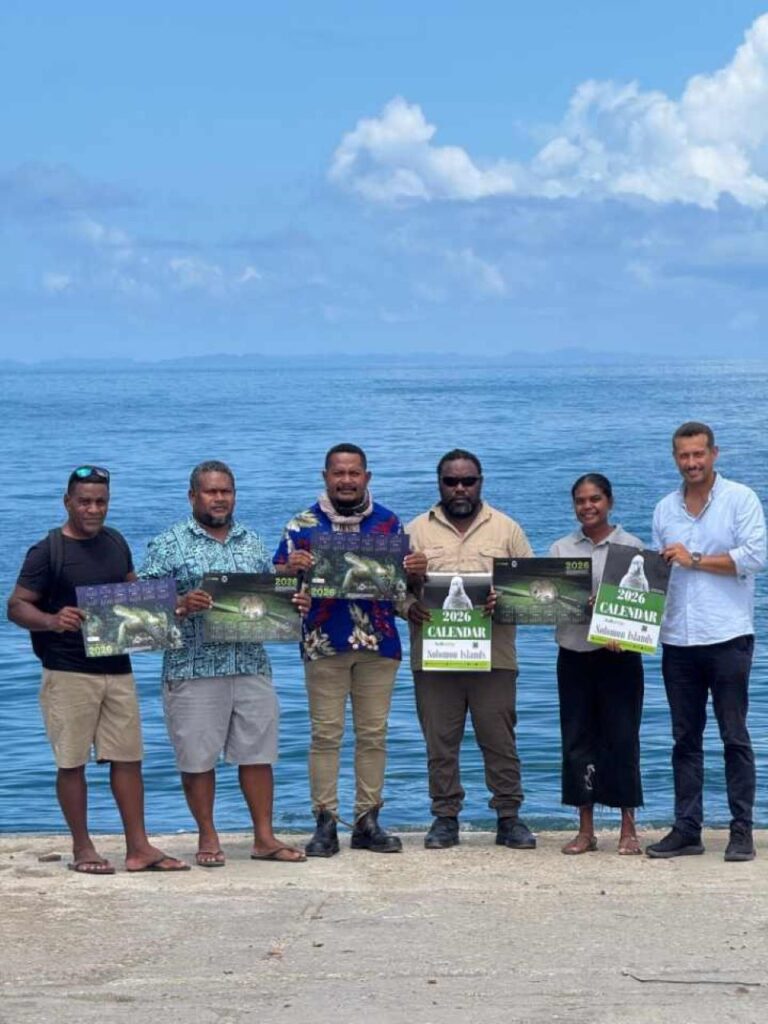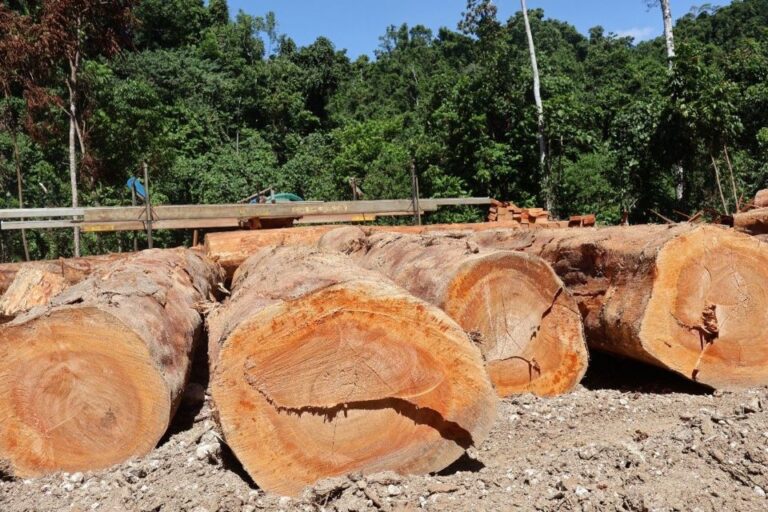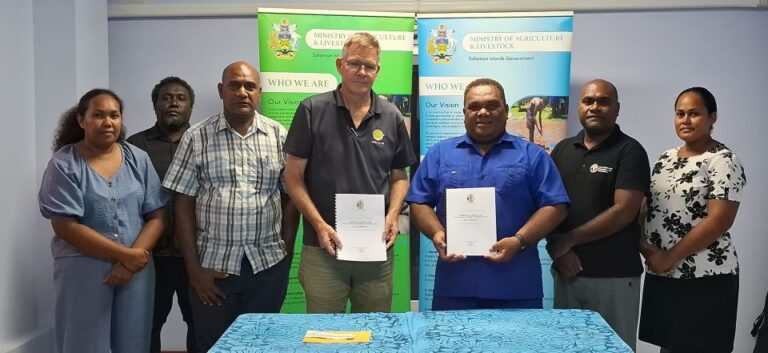FOOD waste and loss is an important issue in Solomon Islands that needs to be addressed as a lot of food have been wasted by our producers and vendors says the Deputy Secretary Technical (DST) of the Ministry of Agriculture and Livestock (MAL) Mr Michael Ho’ota.
Mr Ho’ota was speaking at the official opening of the two-day training of trainer’s workshop for representatives from farmers and producer groups and market vendors associations towards addressing food waste and loss in the local food systems.
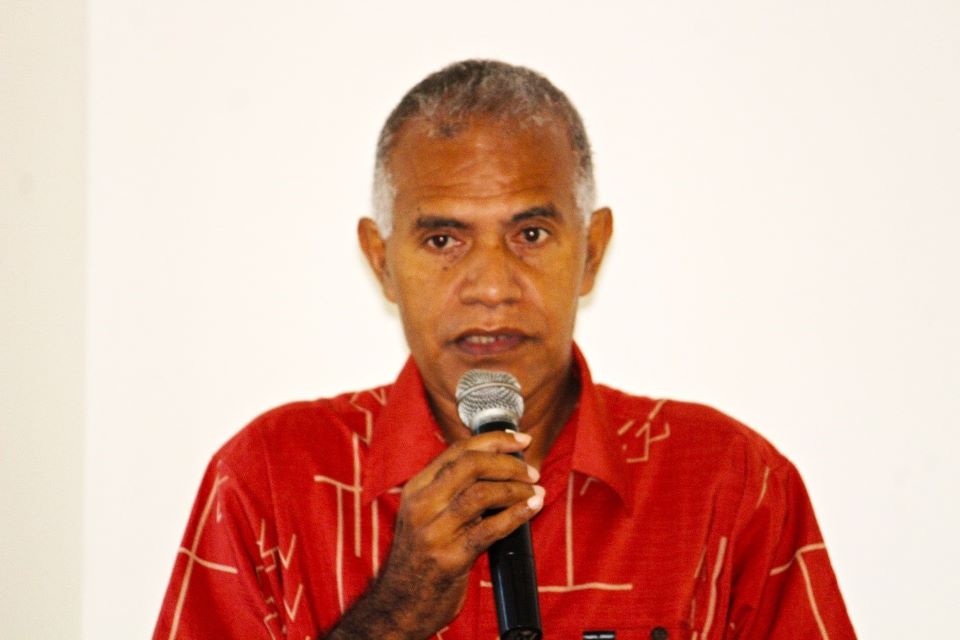
Held at the Heritage Park Hotel in Honiara on 21 and 22 September 2021, the workshop provided an opportunity where participants able to learn about post-harvesting, handling practices and skills to to reduce food waste and losses in the market value chains within the food system.
“We need to improve our postharvest food production and food waste and loss in the food market value chain from harvest – packaging – transport – markets display – consumers,”Mr. Ho’ota emphasised.
“In the last few years, a number of postharvest and market value chain study reports were done by the University of Sunshine Coast in Australia in collaboration with the FAO Food and Nutrition Security Impact, Resilience, Sustainability and Transformation (FIRST) Programme’ indicating high food waste and loss in the local food systems in comparison to other Pacific Island countries. Therefore, this training will enable MAL officers, and other relevant stakeholders as farmers and market vendor association members, to acquire technical skills and techniques to train the farmers and producers throughout the food value chain including packaging, transport logistics and displays in the markets.”
Jimi Saelea, Assistant FAO Representative in the Solomon Islands said FAO recognizes the importance of the issue of Postharvest in relation to reducing food waste and losses in the market value chains within the food system.
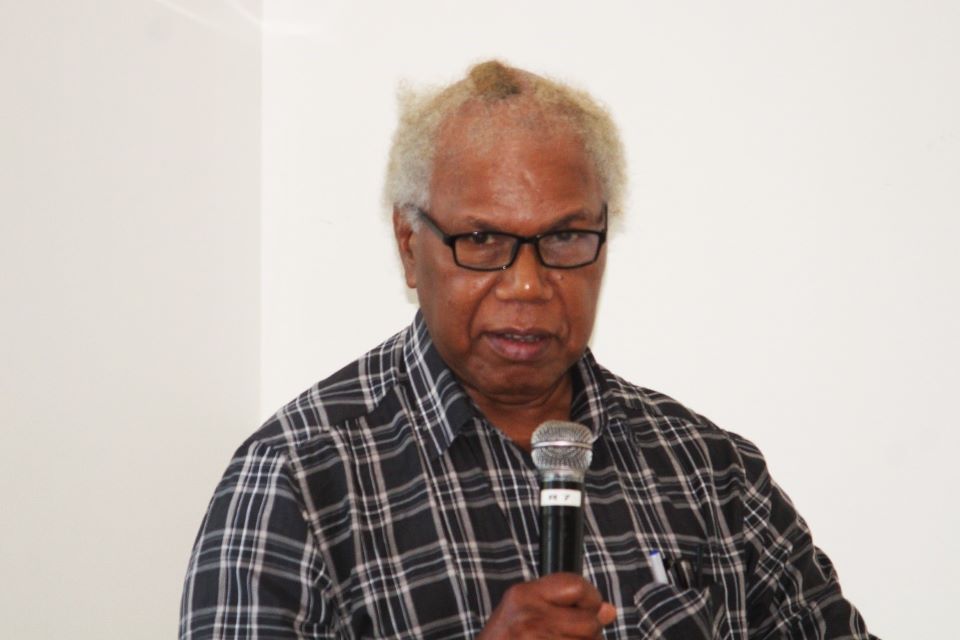
“Solomon Islands FAO Programme is implementing projects addressing sustainable management of fisheries as well as sustainable forest management and sustainable land management. Post-harvest loss and waste are fundamental issues that farmers, fishers and foresters must have the skills to deal with. At the end of the day post-harvest losses and waste means reduced income. For agriculture it also means reduction in food supply. That means in many parts of the world, due to natural and man-made disasters, many do not have enough to eat. We are fortunate that no incidences of severe starvation have been reported in the country. We must ensure the country continues to have that Zero Hunger status.”
He said post-harvest loss and waste contributes to a substantial expense along the commodity supply chain.
“Producers as well as consumers experience this in one form or another. Unless supply chain actors are taught what postharvest loss and waste is, reducing it will be a huge challenge. This training workshop will equip participants to be able to recognize what post-harvest loss and waste is and what remedies are there to reduce it,”Mr. Saelea said.
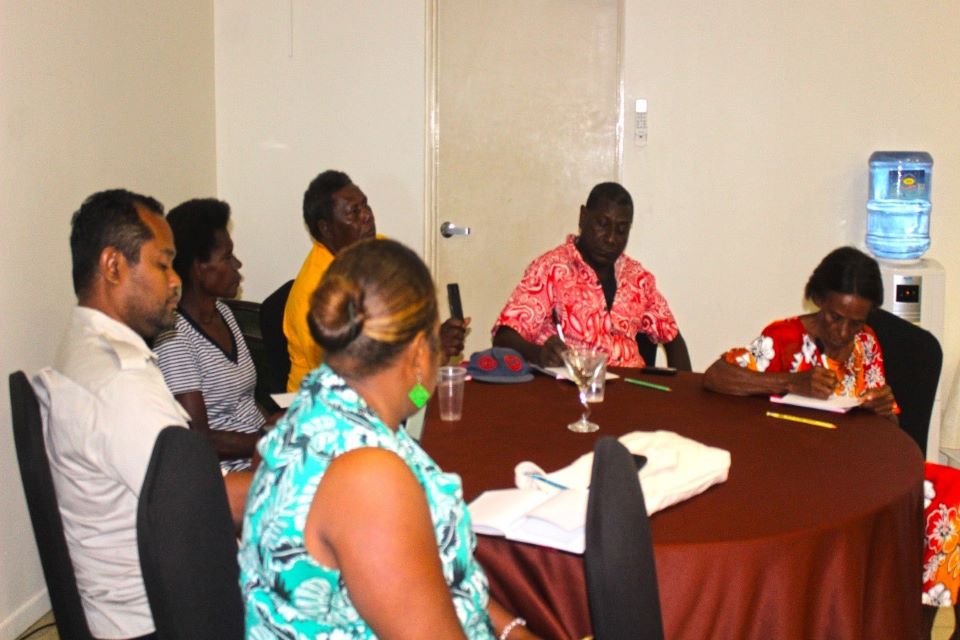
The workshop was conducted both virtually and face-to-face in partnership between the Food and Agriculture Organisation (FAO) and European Union’s (EU) ‘Food and Nutrition Security Impact, Resilience, Sustainability and Transformation (FIRST) Programme’, the University of Sunshine Coast (USC) in Australia and the Ministry of Agriculture and Livestock (MAL).
Source: MAL Media

